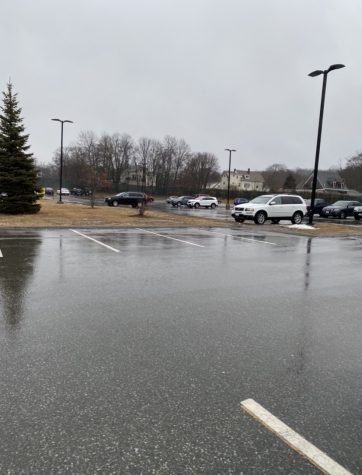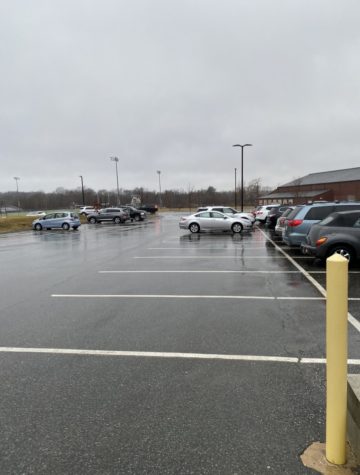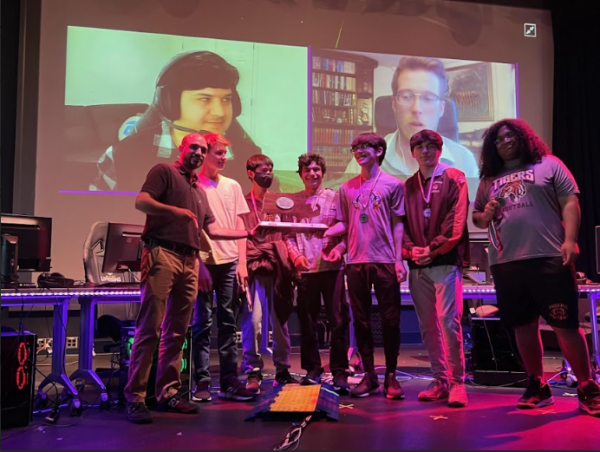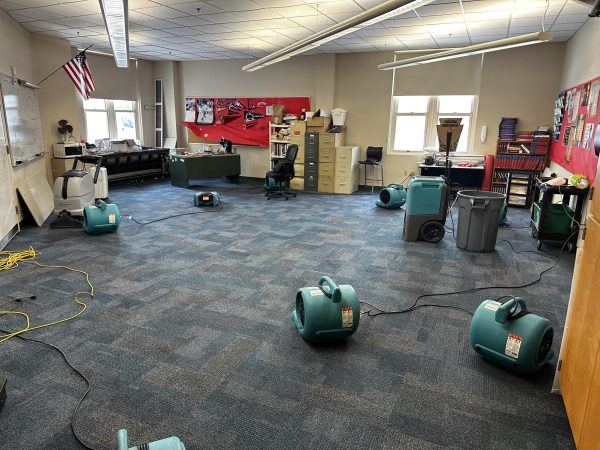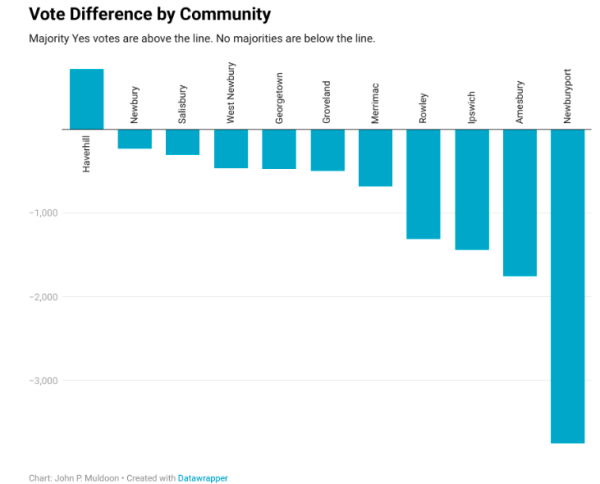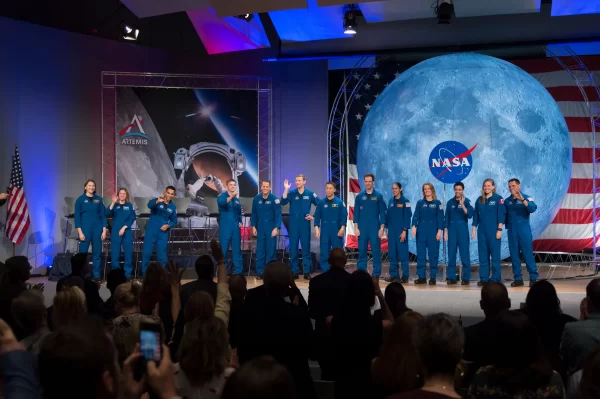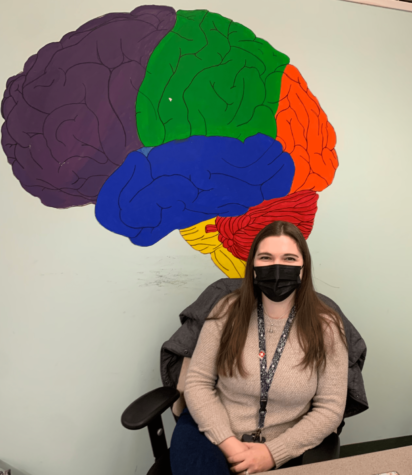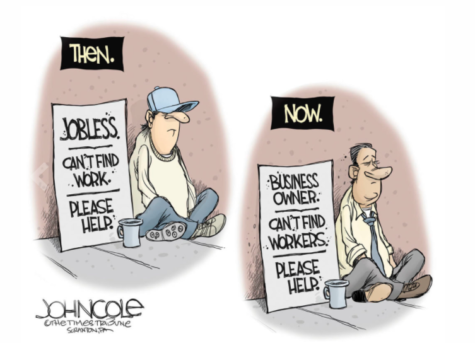Controversy strike the Student Parking Lot
What is allowed in this space?
March 5, 2020
The student parking lot has been a long-standing point of controversy. For many years students have used the student parking lot as a place of recreation and meeting. For these purposes, students tend to be quiet and try their best not to draw extra attention to themselves. Over the past few years, I have personally experienced and heard of others being confronted by the police while hanging out in the parking lot. The outcome of these confrontations seems to vary wildly, from police officers simply driving by to officers stopping and asking for a license and registration from the driver. This begs the question: what exactly is allowed in the student parking lot (SPL)?
The rules and regulations of the SPL have been vague and without specification. For further clarification, we talked with the Ipswich High School Principal, Mr. Mitchell. “The student parking lot is for use only when school and athletics are in session. The town (including students obviously) can also use the track and tennis courts when school is not in session, so they can park their cars in the lot while using those facilities,” stated Mr. Mitchell. When asked about how students using the SPL after hours should be dealt with, he stated that personally he would “talk to the people in the parking lot civilly, and if the parkers are loud, disrespectful, or unruly, then I would notify the police.”
This has not been the case according to many students, who have had the police called with no interaction with a person who had a complaint. This leads to further confusion as the police do not specify why the students may not be on the property, simply stating that they must leave. Without conversation with the person making the complaint, students are left without answers as to what they are and are not allowed to do.
It is stated in the IHS handbook that students are not allowed to loiter in the SPL. Thus, without having a specific reason or purpose of being in the parking lot, technically, students would not be allowed to loiter in the space. However, according to Mr. Mitchell, “The town owns the street and parking lot” which makes the lot town-land and therefore should not be treated as if it were private land. Unfortunately, Mr. Mitchell believes that “If students are parked in the lot for non-school related activities, then they need to move on.”
For further insight on the issue and from a student perspective, we inquired with senior Collin Adams. “I have been kicked out with no explanation by the police, without any sort of explanation what-so-ever,” stated Collin. “I believe that students should be allowed to recreate as long as there is no disruption.” It is agreed that the actions taken to disperse students in the SPL after hours is far too extreme. Why is there a need for police officers to run the plates of vehicles and ask students for their license and registration if they have not done anything wrong? If there really was a complaint called in then the only action necessary is to ask everyone to leave the vicinity; “Nothing more than that should ever be needed” agrees Collin.
Collin takes an opposite stance in contrast to Mr. Mitchell. Where Mr. Mitchell believes the SPL should only be accessed during school hours and for school-related activities, Collin believes the SPL should be treated more as a public space. This difference in an opinion likely originates from what each party is concerned about. Mr. Mitchell is likely concerned about the liability of students getting hurt or committing a crime on school property. Students such as Collin Adams are more concerned about centralized locations to meet. The SPL is a perfect location for this, as it is familiar to all students and generally within a short drive for most.
With conflicting viewpoints over what should be allowed in the SPL, the controversy over the SPL is bound to continue. The relaxed enforcement of rules, lack of communication between students and administration/police has led to mass confusion pertaining to what is allowed in the space. In accordance with Mr. Mitchell, students would not be allowed to be in the SPL after hours without a set activity or purpose. The student parking lot will likely remain to be a hot spot for high school students to gather. To smooth over the differences between the administrative staff and the students there should be more communication for both students and administrative staff to set boundaries and express their opinions.

